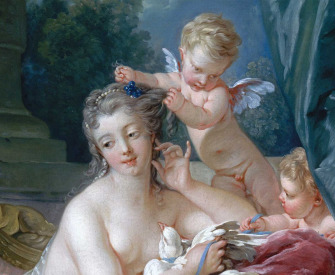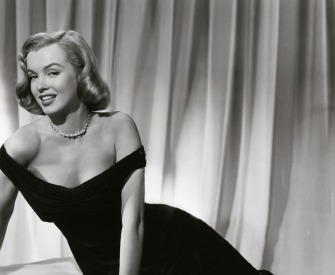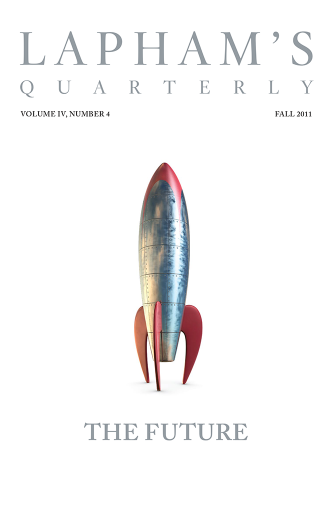It is evident that the early Greeks were wise in giving to music the principal place in their system of education.
They were sensible that by music the minds of youth are modeled and trained to habits of order and sobriety. They knew well that there is no pursuit in life requiring virtuous and persevering exertion in which music may not be found serviceable, especially in the arduous and perilous occupation of war. In time of battle, consequently, we find that some nations introduced the auloi, as the Lacedaemonians, with whom it was customary to advance to the charge to the “Air of Castor” played on this instrument. Others adopted the lyre, as the Cretans, who are said to have long retained this mode of marching to the field. Others again, from whom the practice has been transmitted to us, made use of the trumpet. At the celebration of the public games, called the Stheneia, at Argos, which were at first instituted in honor of King Danaus and subsequently dedicated to Zeus Sthenius, the contests of the wrestlers were always accompanied by the sound of the aulos. It continues, indeed, to this day the established usage for the aulos to be played during the exercises of the pentathlon. It is true that we no longer hear on such occasions those venerable songs which were the delight of our heroic ancestors, such as “Endrome,” composed for those contests by Hierax. But the sound of the aulos itself is still to be heard, though what is played on it is some capricious strain utterly devoid of character and force.
From Moralia. Born in Boeotia around the year 46, Plutarch studied mathematics and philosophy in Athens and was made a priest in Delphi. He traveled several times to Rome, where he is said to have met the emperors Hadrian and Trajan, but he maintained his residence in Greece throughout his life. “They just don’t come any better than old Plutarch,” said President Harry Truman. “He knew more about politics than all the other writers I’ve read put together.”
Back to Issue




